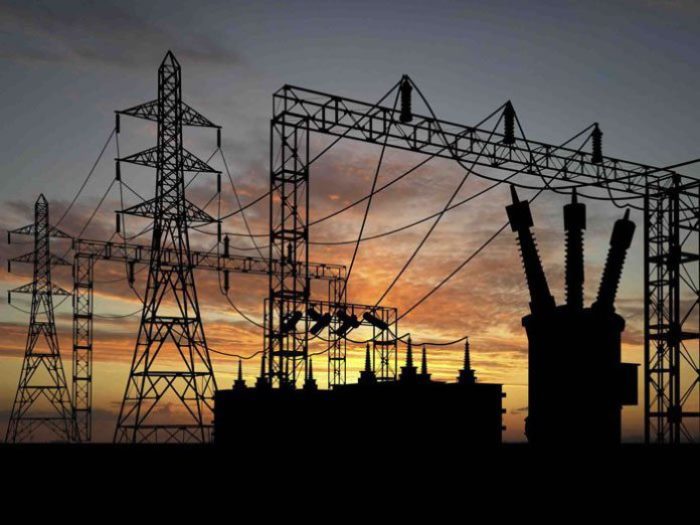The African Development Bank (AfDB) has announced plans to invest US $200m through the Rural Electrification Agency (REA) to boost electricity supply in Nigeria. This announcement was made by the Bank’s Acting VP for Power, Energy, Climate and Green Growth Complex, Wale Shonibare, during a visit to Nigeria’s Minister of State for Power, Goddy Jedy-Agb in Abuja.
The funds will go towards supporting the roll-out of mini-grids and encourage productive use of the grids in various communities. The agreement has already been signed, and the first stage, which has been approved, will focus on improving transmission lines and providing sub-stations.
According to Jedy-Agba, the Federal Government is willing to do more in partnership with AfDB to provide electricity for Nigerians. “AfDB had been investing in the sector and they planned to invest more by increasing their funding in the development of the power sector,’’ he said. The minister further assured the bank’s team that any money given to the power sector would be judiciously utilized and accounted for.
Also Read: Burkina Faso to receive US $70m grant for water, sanitation and electricity project
Nigeria’s power sector
Over time, the Nigerian power sector has been characterized by an unstable power supply, with an estimate of 95 million Nigerians living without electricity. This can be attributed to inadequate installed capacity, frequent breakdowns, and high inefficiency levels.
Nigeria currently accesses far below its installed generation capacity of about 7,228MW, with less than 5,000MW generated and transmitted. This led to the privatization of the power sector. However, the challenge of an unstable power supply is still dominant due to government interference, policies and estimated billings of consumers by the private companies.
With the addition of new mini-grids by the AfDB, Nigeria will be able to meet its 2020 electricity goal of efficiently delivering sustainable, adequate, qualitative, reliable and affordable power in a deregulated market while optimizing the on-and-off energy mix.
